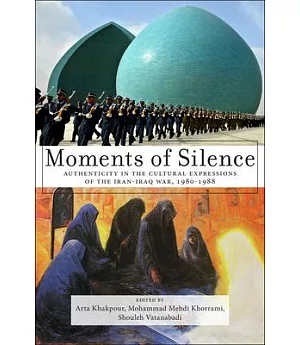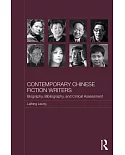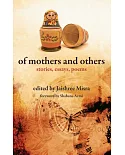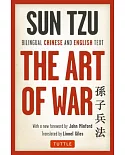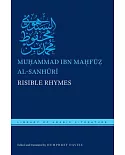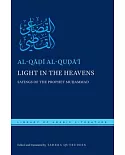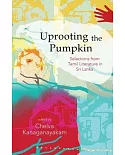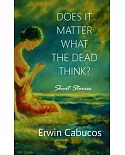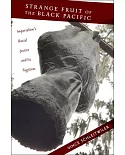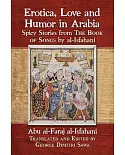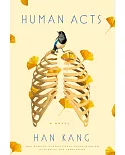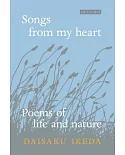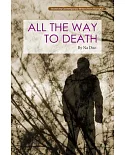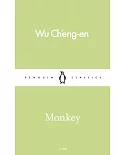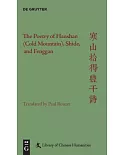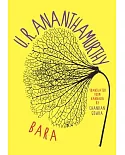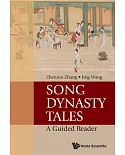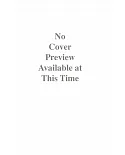The Iran-Iraq War was the longest conventional war of the 20th century. The memory of it may have faded in the wake of more recent wars in the region, but the harrowing facts remain: over one
million soldiers and civilians dead, millions more permanently displaced and disabled, and an entire generation marked by prosthetic implants and teenage martyrdom. These same facts have been
instrumentalized by agendas both foreign and domestic, but also aestheticized, defamiliarized, readdressed and reconciled by artists, writers, and filmmakers across an array of identities:
linguistic (Arabic, Persian, Kurdish), religious (Shiite, Sunni, atheist), and political (Iranian, Iraqi, internationalist). Official discourses have unsurprisingly tried to dominate the
process of production and distribution of war narratives. In doing so, they have ignored and silenced other voices.
Centering on novels, films, memoirs, and poster art that gave aesthetic expression to the Iran-Iraq War, the essays gathered in this volume present multiple perspectives on the war’s most
complex and underrepresented narratives. These scholars do not naively claim to represent an authenticity lacking in official discourses of the war, but rather, they call into question the
notion of authenticity itself. Finding, deciding upon, and creating a language that can convey any sort of truth at all—collective, national, or private—is the major preoccupation of the texts
and critiques in this diverse collection.

